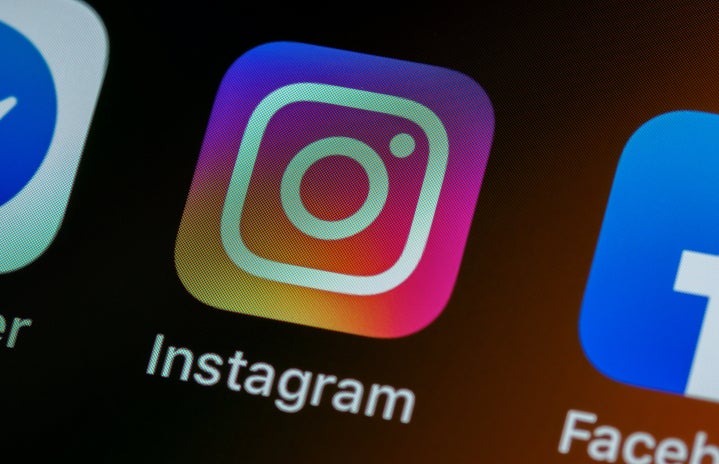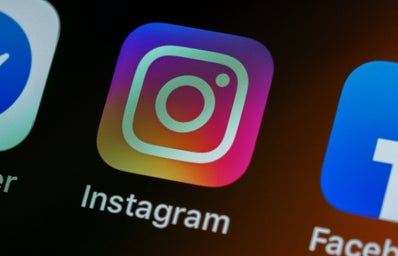Every night before bed, I check my daily screen time and I am always surprised by how large a percentage Instagram takes up my day. If you ask me what I do on Instagram for more than an hour a day, I’d say I’m not sure. To be completely honest I spend the time scrolling — basically, looking at what everyone else is doing (or rather, what they want me to think they’re doing).
Something I’ve gotten into recently is following social media couples. Some of the more famous ones I follow are young adults – around 20 years old – who film videos like the “IGNORING MY GIRLFRIEND FOR 24 HOURS CHALLENGE,” while taking spontaneous trips to places like Bora Bora and Hawai’i and having twenty of the same kissing-under-a-waterfall picture at twenty different islands on their Instagram feeds.
These things are obviously not normal for relationships at our age, but you would be surprised with how many people make a living just because they are good-looking and date each other. These couples are on my feed constantly, posting pictures of fancy dinners every night, surprise engagements, and new little babies, all while I am in a library consumed with my wholly unglamorous tests, papers, and work-study job.
I know that my own posts aren’t entirely accurate to my daily life or even completely reflective of the moments they are meant to capture. I know that I post vacation pictures, too, striving to make them look as insta-worthy as possible. It is a vicious cycle, though. The inauthenticity of the app has become a norm; everyone is pretty much in agreement, posting only the good stuff and feeding into the genre because who really wants to post their rough times for everyone to see? And even though a lot of us contribute to the culture, it can still be damaging to see everyone’s highlight reel all the time, especially when the only life you see completely — with both its ups and downs — is your own.
When it comes to social media and dating, these “perfect couples” make it easier to focus on all the things that shouldn’t matter when it comes to building a connection at our age, like money and clout. These sharing platforms are designed to fuel comparison, with influencers making profit based on how expansive their followings are and thus, creating a kind of hierarchy for others (like college students) to strive towards. Sadly, these “couple goals” can make real life partnerships, with all kinds of good and bad days, seem inadequate.
At Penn, there is nothing glamorous about being in a relationship. There are scheduling conflicts and mood swings and waiting all day to see each other just to fall asleep ten minutes into a movie. Part of the reason relationships in college are hard is because both people are growing up and focusing on building a future for themselves, with little resources and time to do much else. That, in my opinion, does not make them inadequate, but rather driven by commitment and dedication even when we have other important priorities.
I’m not saying social media is terrible and that these couples are bad examples – I honestly find them really entertaining. My education is something that is important to me, but I don’t post poor grades just like I wouldn’t post a fight I had with my boyfriend; those things are private to me and they’re allowed to be. But, that doesn’t mean that they don’t happen. I’m saying that when you’re only seeing what others are willing to show you and not the full story, you should not take it to heart.
To have a healthier relationship with an app that I spend a lot of time on, I’ve had to come to terms with the fact that because I’m following my own path, people who are romancing around in new countries every week shouldn’t affect my expectations about my own life. While my young adult dating experience is less about baecations at resorts and more about midday naps in dorm rooms, I’m fine with that. Social media can only be as damaging as you let it — the more time you spend comparing, the less time you have to focus on what’s yours.


